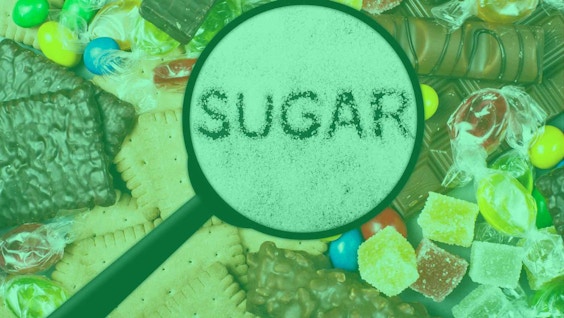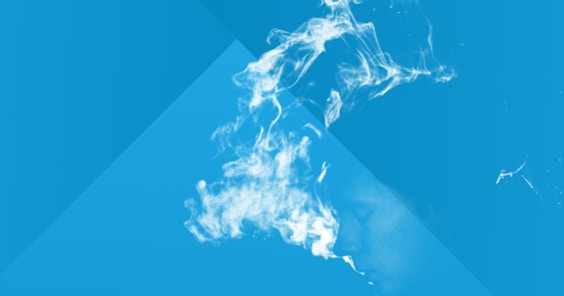I Am Sober is a free app that helps you get some control back in your life.
46% Of Americans Know Someone Struggling With Addiction
Last Updated: Tue, January 23, 2024A recent survey (August 2017) conducted by the Pew Research Center revealed that 46% of Americans “say they have a family member or close friend who is or has been addicted to drugs”. Given the staggering statistics of alcohol use alone, this should come as no surprise.
In 2015, the National Survey on Drug Use and Health (NSDUH) found that over 15 million people in the US have alcohol use disorder (with alcoholism included as a level of alcohol use disorder).
The Pew Research Center created the survey to see how substance abuse was affecting people of different genders, races, and political affiliations. What they found is there was no significant statistical difference between them. This is a problem that everyone is acquainted with regardless of their background. Which is why the real element to focus on is how nearly half the US population knows someone suffering addiction and yet addicts continue to feel isolated, alone and depressed.
What this seems to imply is many people know someone is suffering, but don’t know what to do about it.
Helping a Friend with Addiction
The problem many face is they don’t know how to help or – and more dangerously – they don’t know when. There’s a myth that an addict needs to hit “rock bottom” before they’re able to be helped, but this is the path of least resistance. It’s a popular choice – as the Pew Research survey shows – but it’s not beneficial. In 2016, there were more than 64,000 drug overdose deaths and this number has continued to grow since 2002 (CDC Wonder). Considering the number of fatalities from drug overdose, addressing the problem before it becomes more dire is the better option.
The next thing, non-addicts need to understand is addiction isn’t a matter of simply “quitting”. From a non-addicts perspective, you can quit drinking whenever you want, but an addict’s struggle is different. For an addict, it’s not even simply using the substance, but craving it; thinking about when they’ll be able to use it next. Even if it was as simple as “not drinking”, for addicts they then need to know how to stop thinking of drinking which can be equally overwhelming. To say, “why can’t you just stop drinking” is the equivalent of telling someone to “be happy” when they’re crying, or “be calm” when they’re furious.
Once you understand addiction, bringing up the problem is the next step. This should be planned ahead of time as you don’t want to surprise someone by bringing up their addiction when they’re high or drunk. Make sure your friend or loved one is sober and bring it up in a private place – where there’s no immediate access to the substance.
One of the best things you can do is talk to them about their goals and if they notice how their addiction is interfering with that. If they want a promotion, ask if they feel their addiction is affecting their work. If they want to have kids someday, ask if their habit has caused relationships to collapse. If they want to explore other options in life, ask if the habit has stifled their ambition. It often takes a peer review to catch the things they’ve overlooked. That said, regardless of how it’s phrased, you can expect some push back. When someone is accused of having a problem, they’re bound to become defensive. This however, is a good thing for both parties. People in recovery have a tendency to lash out during withdrawal and their support group needs to be able to handle it.
Which leads to the next biggest piece of helping a friend with addiction: support. Supporting someone goes beyond “saying” you’ll be there, you actually need to be there. Talking about the addiction is the first step, but there needs to be follow through. If you’re not able to help, then find a community that can and often to drive them to meeting places. Help them find others to connect with online.
Although drinking and drug addiction can lead to addicts feeling isolated and alone, the modern world is full of opportunities for people to connect. Help them connect with people in similar situations.
Sobriety Tracker
Part of the reason the I Am Sober app exists is to help those who need daily support. The sobriety tracker celebrates milestones and tracks the number of days sober – down to the seconds. It’s a companion app to help provide daily motivation and remind addicts what they’re working towards. Whether you or your loved one is trying to quit drinking, quit smoking, or quit taking prescription drugs. The I Am Sober app can usher in a multi-layered support system, where addicts can share, notate, and celebrate their progress.
Addiction is a 24-hour struggle, so having support from multiple sources and people is best the way to stay on the road to recovery.
I Am Sober is a free app that helps you get some control back in your life.




